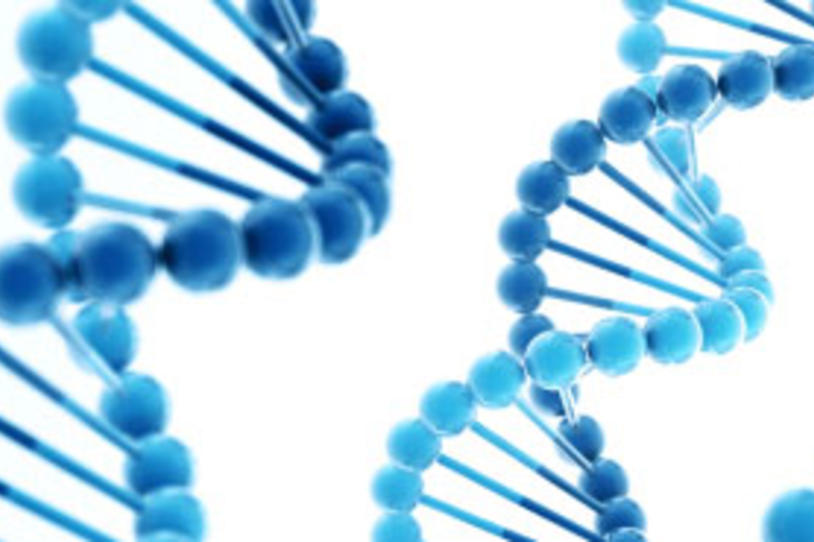
NIH investigators reported yesterday that they have revealed genes that may represent new therapeutic targets for treating Parkinson’s disease. Their findings were published online in Nature.
Read more about how genetic findings can help all PD patients.
“We discovered a network of genes that may regulate the disposal of dysfunctional mitochondria,” said Richard Youle, PhD, of the National Institute of Neurological Disorders and Stroke.
Mitochondria are cellular structures that convert chemical fuels into the energy that powers cells. Some cases of Parkinson’s disease have been linked to mutations in the gene that codes for Parkin, a protein that normally roams inside cells and tags damaged mitochondria as waste. The damaged mitochondria then are degraded by cells’ lysosomes, which serve as a biological trash disposal. Known mutations in Parkin prevent tagging, resulting in accumulation of unhealthy mitochondria.
Read more about Parkin and research into this protein.
The NIH team used technology called RNA interference (RNAi) to investigate genes’ function and their involvement in health and disease. They “turned off” nearly 22,000 genes and examined how silencing each affected the ability of Parkin to tag mitochondria.
They found that at least four genes may act as helpers. Turning off some genes inhibited Parkin tagging, whereas switching off others enhanced tagging.
Read more about their findings and the technology they used.
